As dawn spreads across the sky, a dim room awakens with the sweet aroma of freshly baked treats and the laughter of families gathered around cramped dining tables. Eid al-Fitr, “the feast of breaking the fast,” is the holiday marking the end of the Islamic holy month of Ramadan during which Muslims around the world observe a dawn-to-dusk fast. The month is not just about abstaining from food and drink; it’s a profound spiritual journey to get closer to God, gain discipline and empathize with the less fortunate.
Throughout Ramadan, or “Ramazan” as we call it in Turkey, my stomach’s constant cries of hunger remind me to be thankful for the food I would take for granted any other day. Amidst the rigors of school and athletics, observing and fasting during Ramadan can be extremely challenging. The long days leave me exhausted, especially if I sleep through my 4 a.m. alarm to eat or forget to drink eight cups of water before the sun rises. While Ramadan and Eid are important celebrations in the lives of 1.9 billion Muslims worldwide, many of my closest friends know little about the month’s traditions.
I’ve lost count of the times people have asked me why I’m not eating lunch or seem tired during classes. Explaining the concept of fasting and why I participate elicits blank stares, long discussions and well-intentioned, but often misguided, questions. Although my teachers and classmates are supportive, I am often forced to have long discussions explaining what the month entails. I appreciate when people ask for an explanation when they are curious, but it wouldn’t be necessary if there were more representation of the holiday.
While I understand that not having a day off listed on the MCPS calendar can contribute to the lack of knowledge about Eid and Ramadan, being surrounded by people who don’t understand such an important celebration in my life is alienating. When I joined the Muslim Students Association (MSA) last year, I finally felt like I found people I could relate to and connect with. At MSA meetings, we fundraise for disaster relief and humanitarian aid for majority Muslim countries and partake in events to raise awareness. The club has brought Eid festivities to Whitman—most recently on April 12—by serving traditional food and driving interest, allowing people from different cultural and religious backgrounds to participate in the special day.
One of the most rewarding aspects of Ramadan is the sense of community fostered by breaking the fast each evening together. Together we eat Iftar, the meal after sunset, and share cultural foods. Beyond its religious significance, Iftar gives families a chance to bond over shared experiences. My family loves cooking a big (mostly) traditional dinner and filling ourselves with conversation, which helps us grow closer.
Eid is not reserved only for devoted Muslims—it’s a way for people to engage with their culture, even if they’re not extremely religious. Despite not being from a very religious family, the MSA gave me a sense of community I was missing at Whitman. It gave me the chance to spend more time with people who are now some of my closest friends. I often have serious conversations with these friends about issues that bother us both inside and outside the Muslim community and I can relate to their unique cultural experiences, especially the extensive Muslim family drama.
I don’t blame anyone for not knowing that a seemingly random professional day coincides with the celebration of Eid. Many people have never seen the holiday listed on the MCPS calendar. The world observes Eid on a different day each year, depending on the lunar calendar. This means that whether or not Eid falls on a day off is pure chance. The battle between Muslim advocates and MCPS officials has long persisted, with Eid never being set in stone as a county-recognized holiday. In response to criticism that school was closed for Jewish holidays but not for Muslim ones, MCPS removed all religious holidays from the calendar in 2014. The reform was frustrating for many people, who argued that ignoring the existence of religious holidays is not a viable long-term solution. If MCPS were to recognize Eid, it would be monumental for years of Muslim activism and may alleviate the pressure I feel to explain the tradition to many of my peers.
Hopefully, the efforts of clubs to share a piece of culture and festivities with students will raise awareness for the holiday. The MSA and World Language Cafe have generated the most local interest in Ramadan rituals I’ve ever experienced at a school. My favorite part of these celebrations is sharing traditional foods like Baklava, a Middle-Eastern layered sweet, or Kibbeh, a meat-filled delicacy, and I love spending hours in the kitchen with my mom preparing Sütlaç—rice pudding—as the Çay—Turkish black tea—boils. Food is a universal language, and it’s the element I enjoy most about Eid. Tables full of delicacies make celebrations more inviting to my friends and family who might not celebrate Eid. After all, the way to someone’s heart is through their stomach.
Though MCPS considers missing school for Eid celebrations an excused absence, it’s not enough when I have to make up tests and homework on a day of celebration. It should not be such a constant battle for such a widely celebrated holiday to gain recognition. The weak representation of Islam in Montgomery County makes receiving recognition for Eid all the more important.



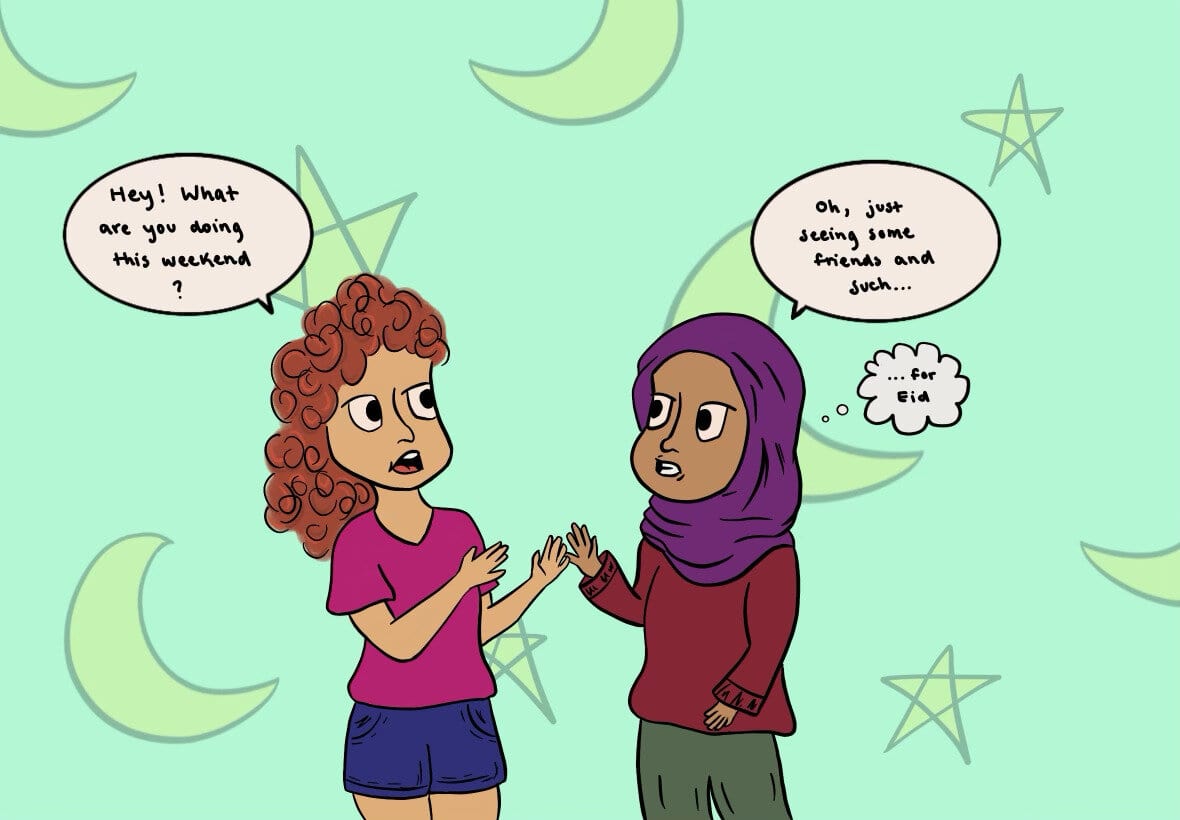
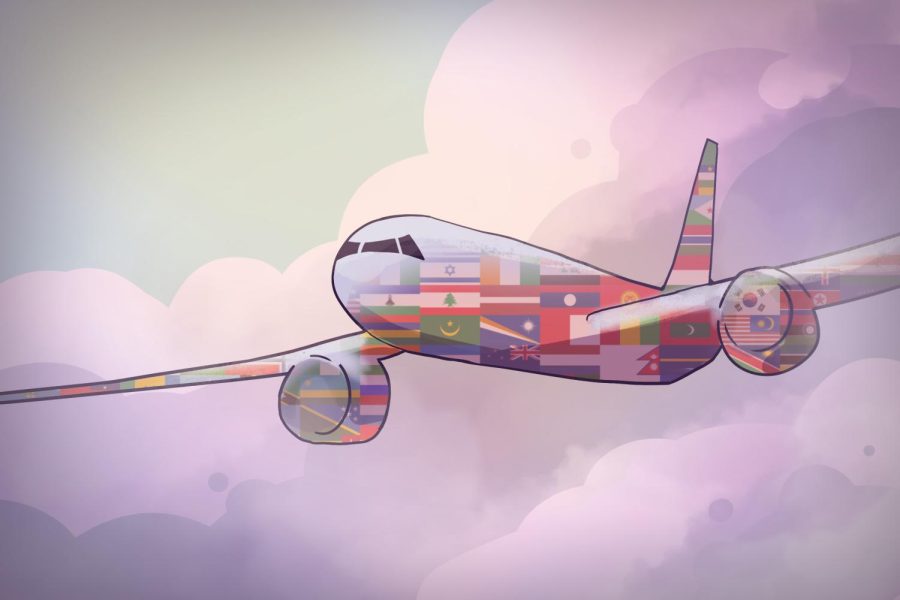
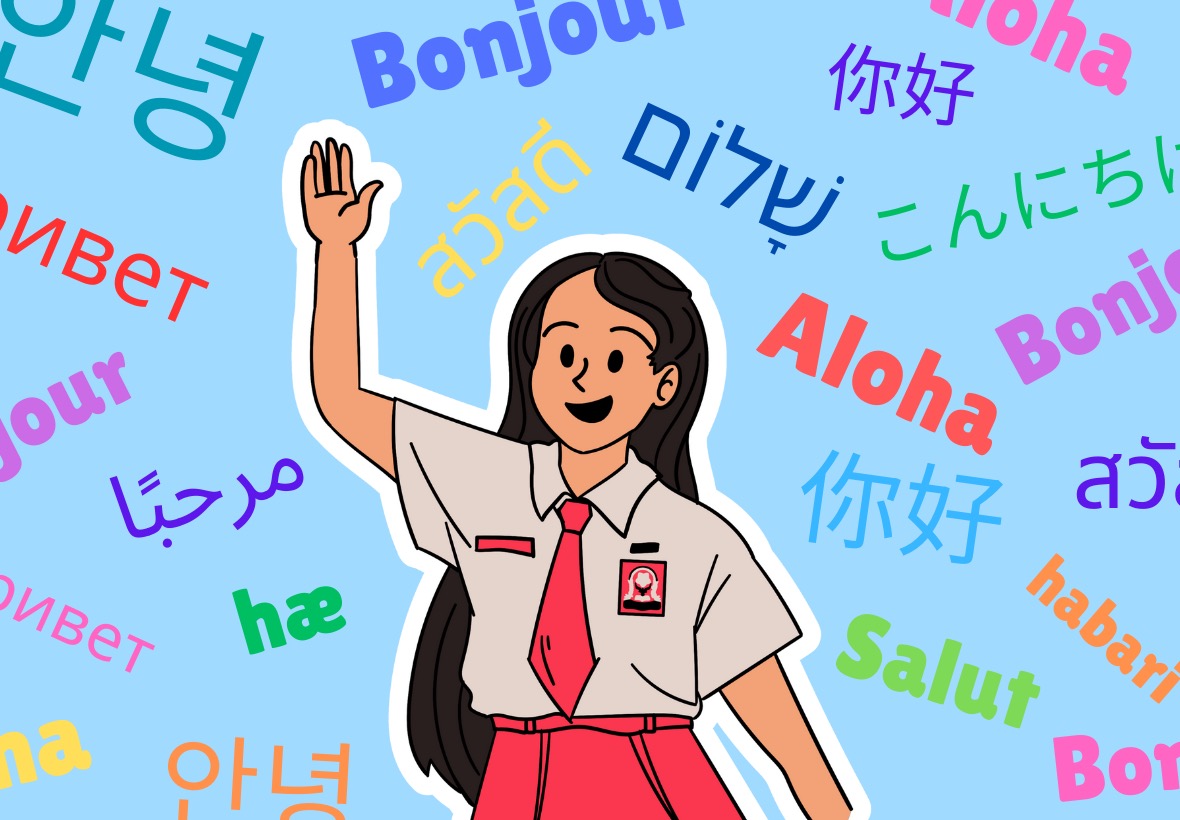

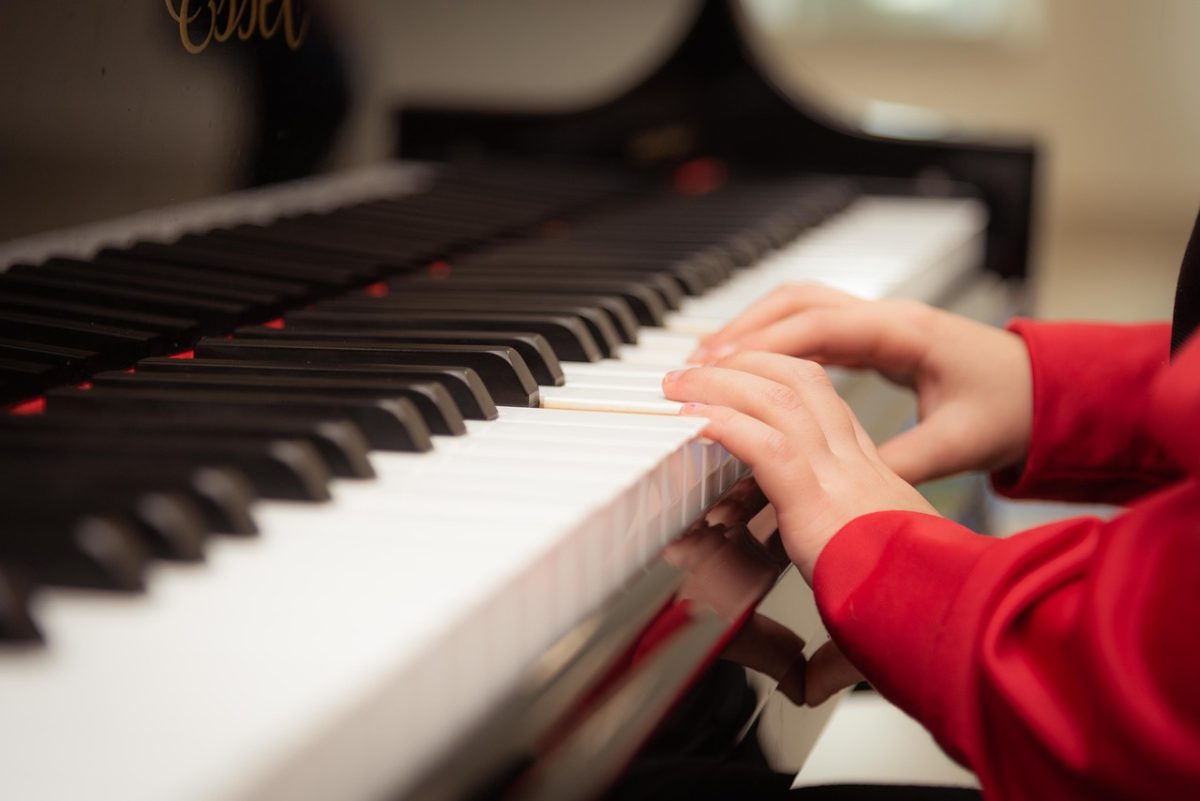






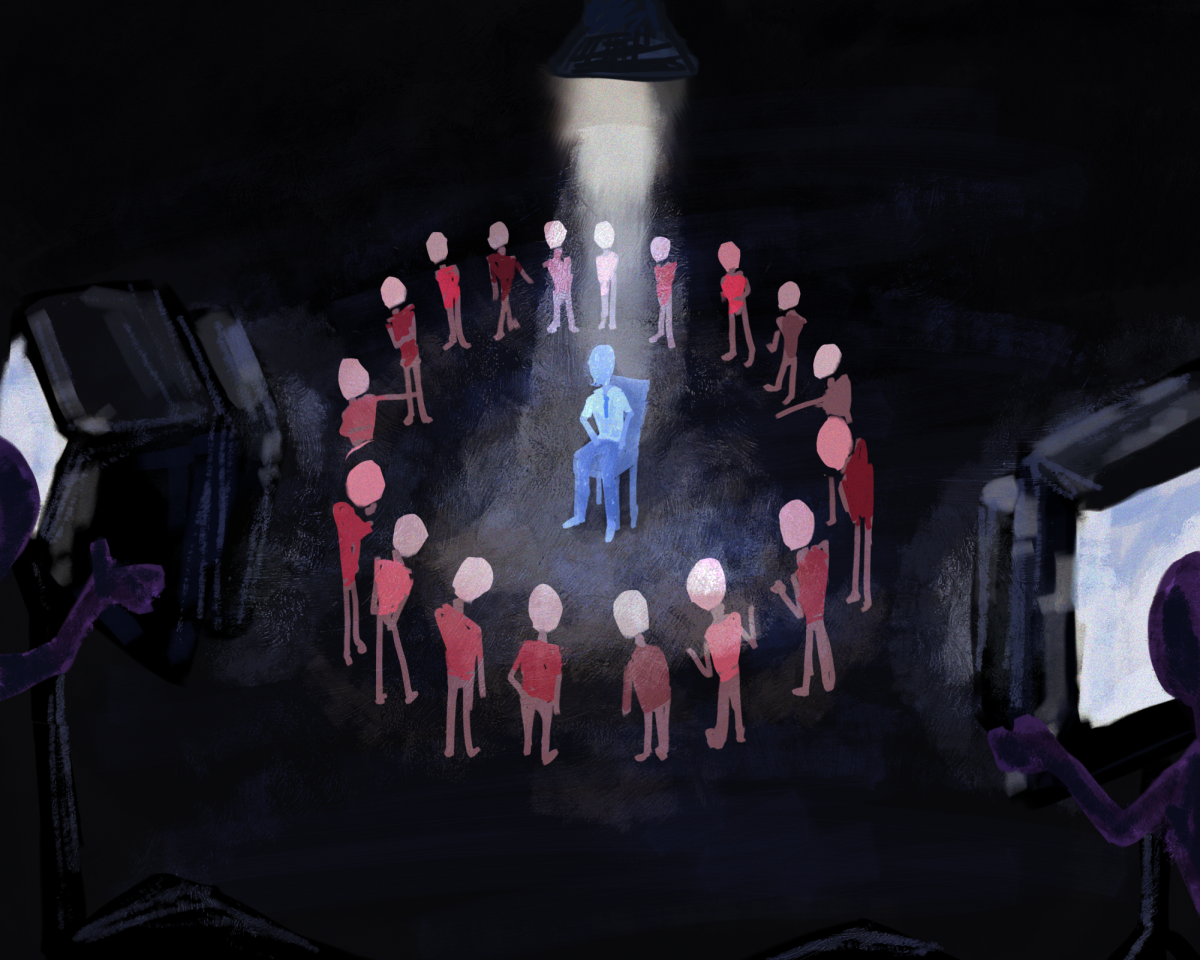
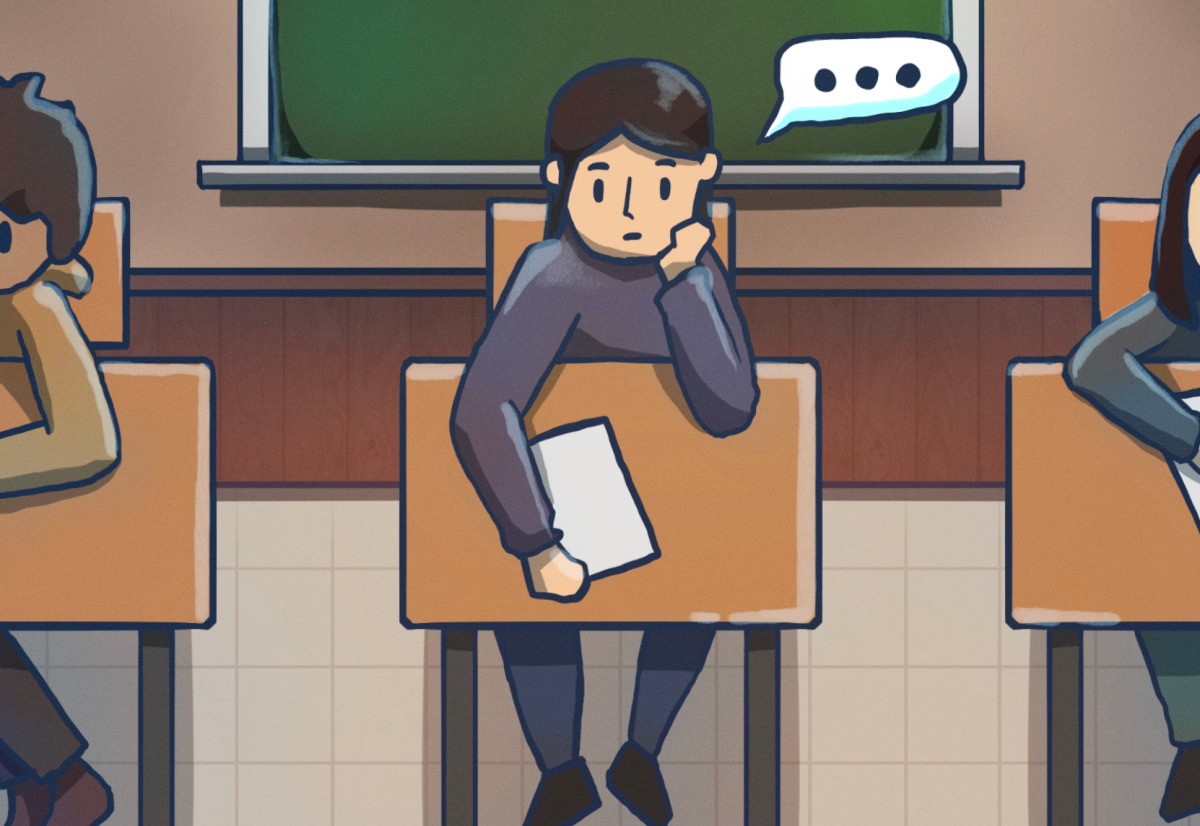


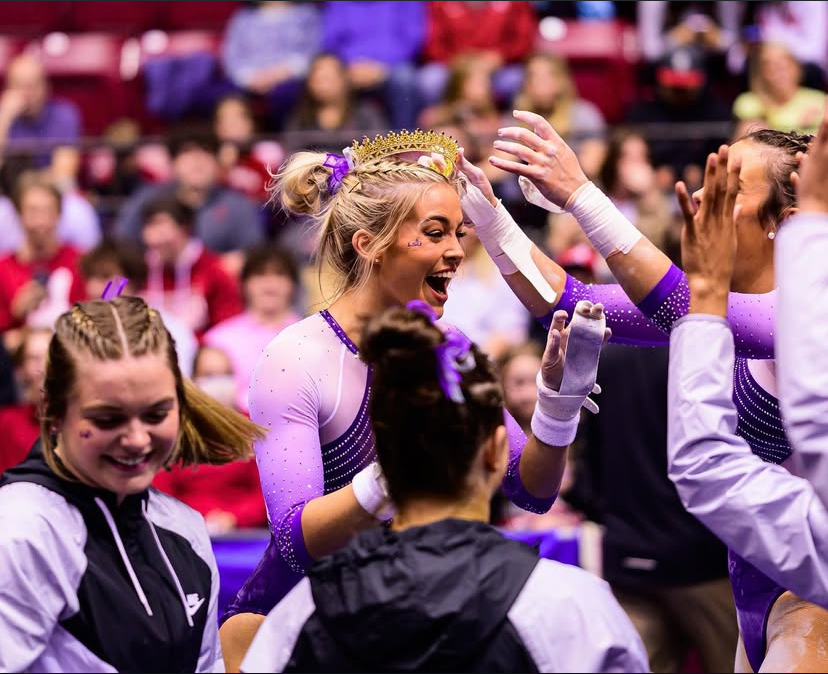
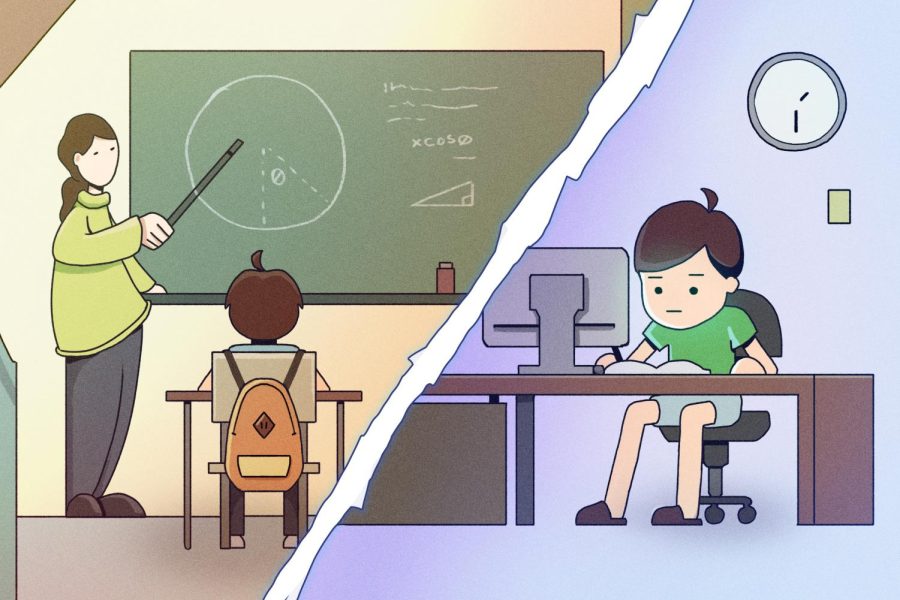

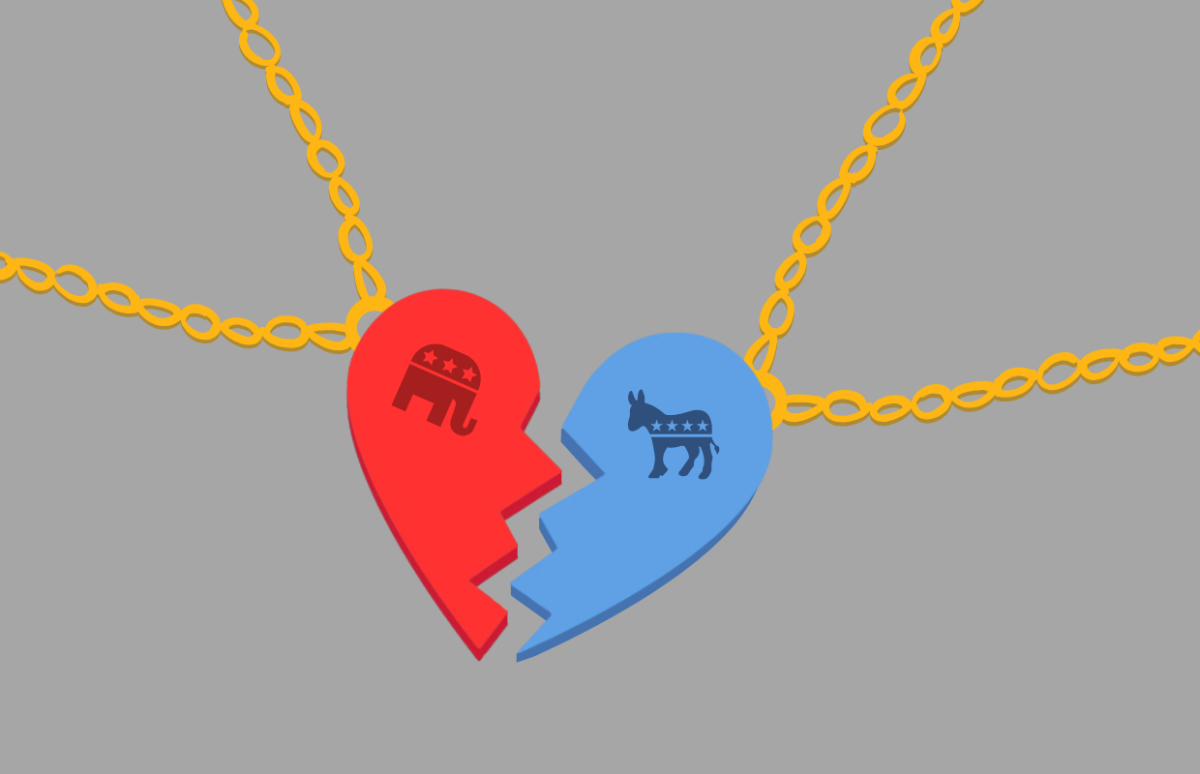
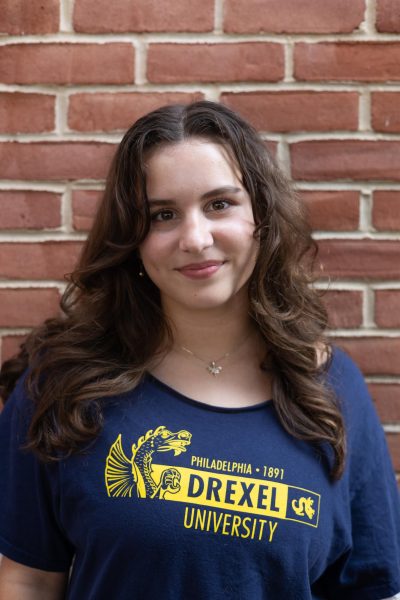
johnny m • May 28, 2024 at 3:50 pm
Ramadan is the most celebrated holiday on earth. read a book
Hazel Johnson • Jun 7, 2024 at 7:14 am
Why don’t YOU read a book
Asha M Tallapragada • May 2, 2024 at 2:39 pm
amazing article cateeee
Elijah • May 1, 2024 at 9:46 pm
I believe MCPS has to address how the scheduling treats Ramadan, as well as other holidays, such as Passover (1st day). MCPS’s schedule has taken off a professional day for both said holidays [when they land on weekdays], yet placing the holidays the day next to the holiday such as in the 2019 Ramadan Professional Day Placement Incident (PDPI) on June 5th, instead of June 4th, and this years Passover PDPI on April 22nd, instead of April 23rd, shows a lack of understanding of the relevance of the holidays to observants.
Samira Hussein • Jun 6, 2024 at 11:52 pm
For the school year 2024-2025, Eid Al-Fitr and Eid Al-Adha are scheduled as Professional days off. Also, as Snow make up days.
3/1/2025 Ramadan starts
3/30/2025 Eid Al-Fitr, Friday.
6/6/2025 Eid Al-Adha. Sunday, Monday will be a Professional day.